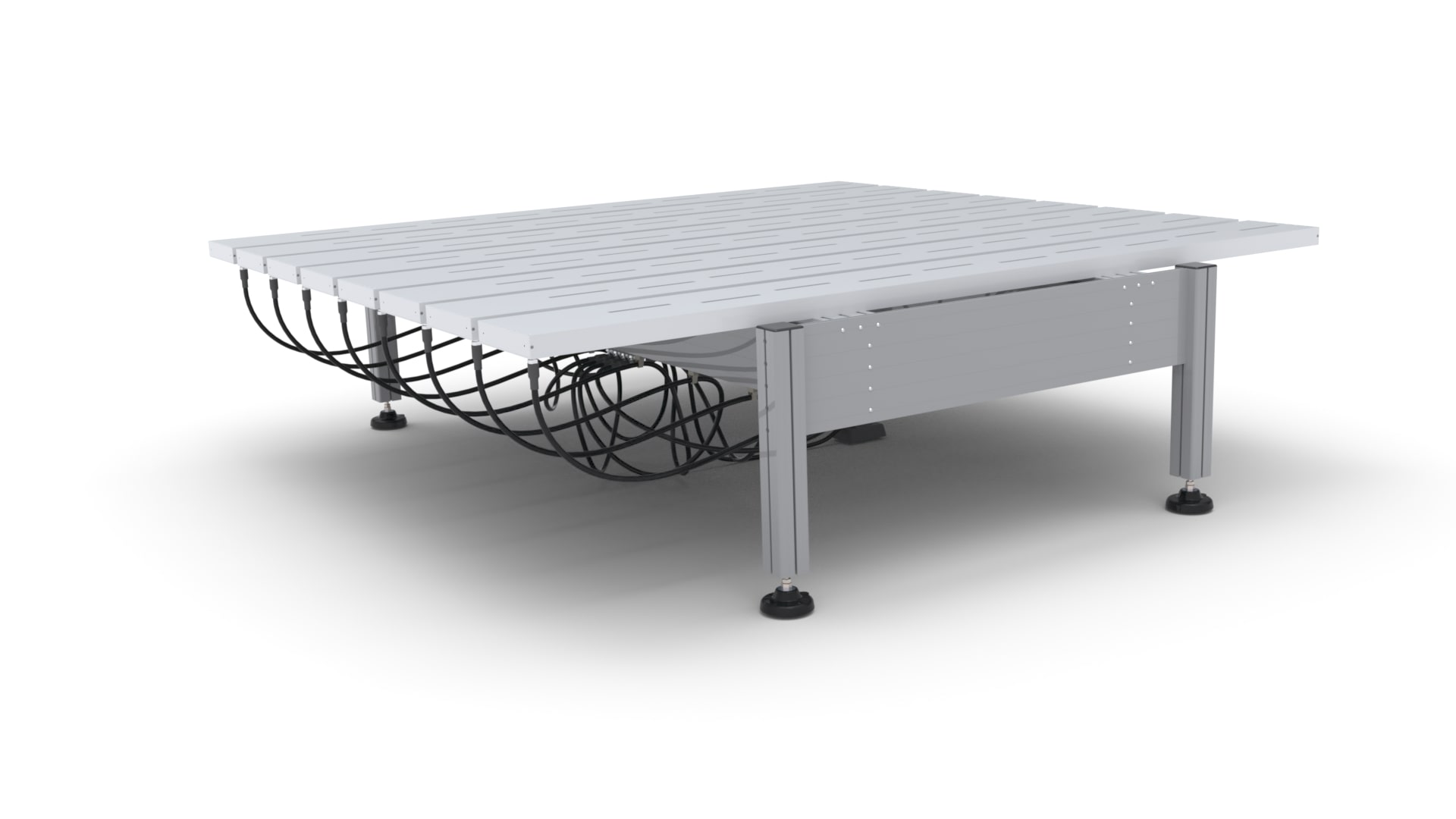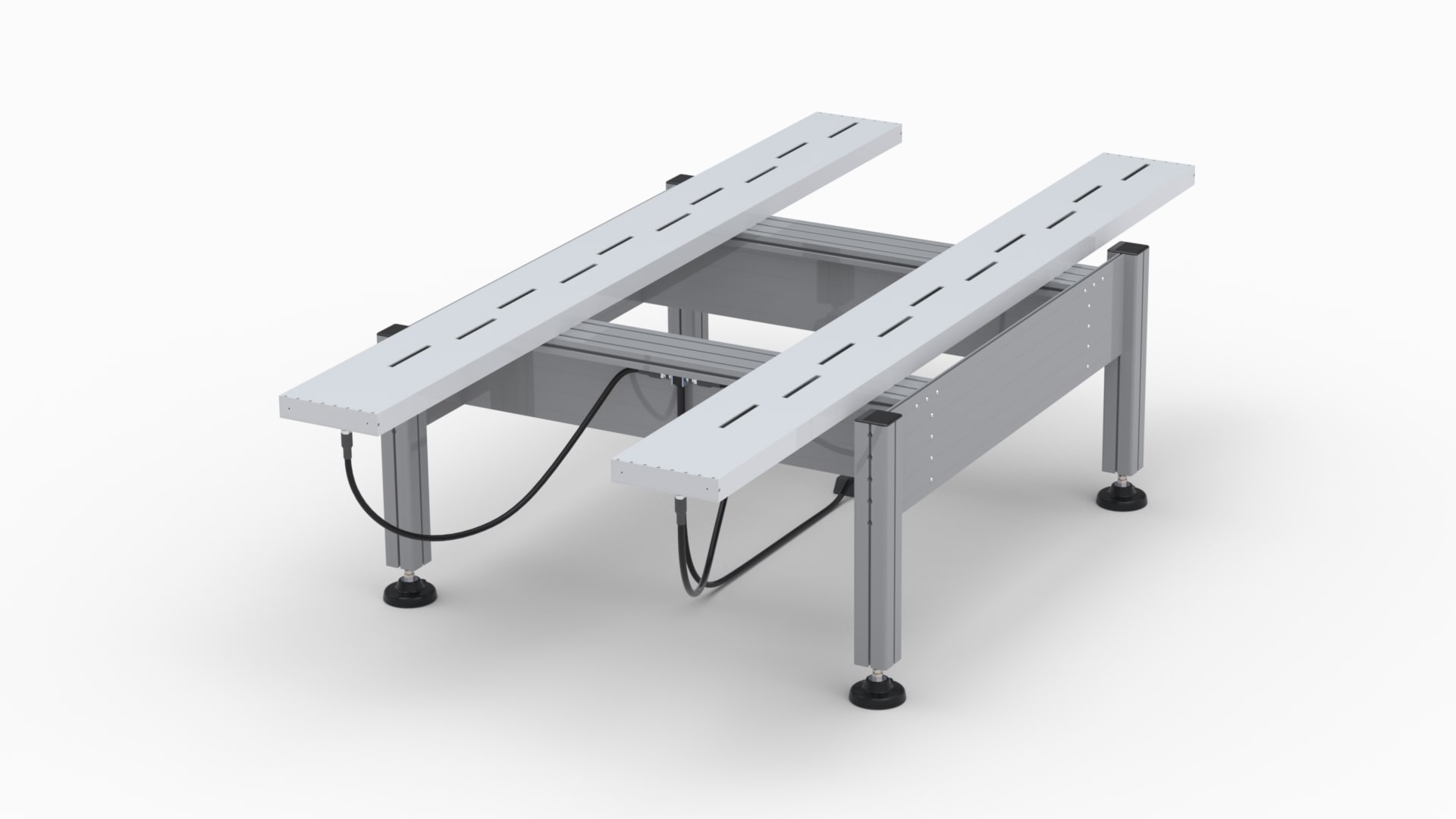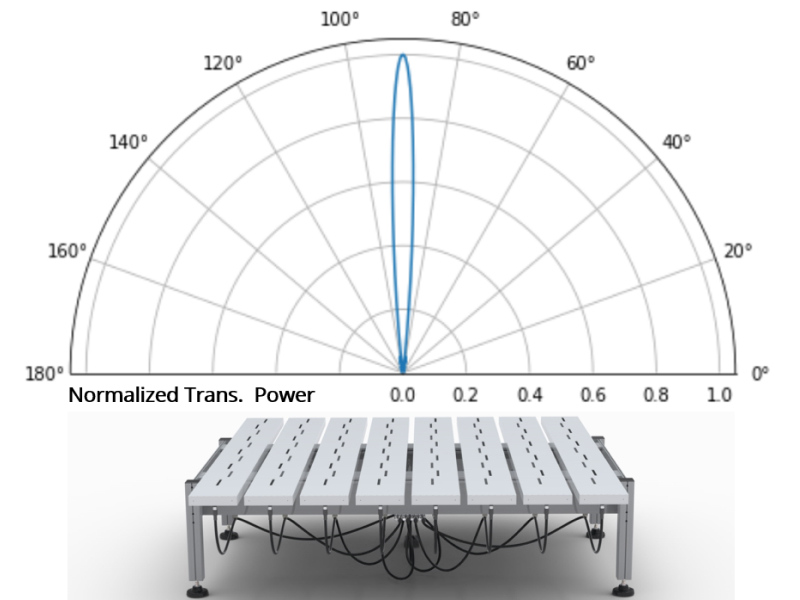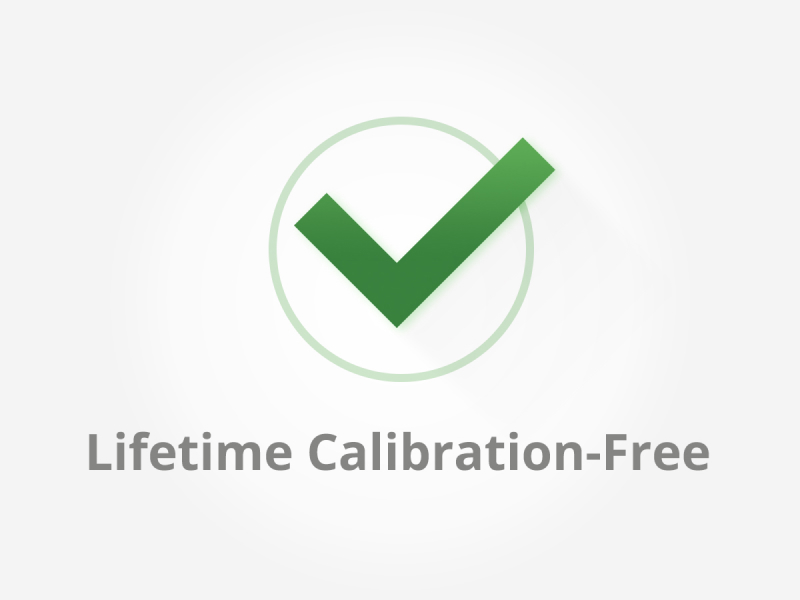A RASS Extension for Sodar makes a Scintec FAS Series Sodar a high-performance temperature profiler. The RASS Extension for Sodar consists of a number of antennas which emit radio waves. These radio waves are reflected at the sound waves emitted by the Sodar. The Doppler shift of the reflected radio waves depend on the speed of sound and hence on the temperature within the propagating Sodar pulses.
The RASS Extension for Sodar is easily integrated into an existing FAS Series Sodar Wind Profiler system. The vertical spacing of the temperature meaurements corresponds to the spacing of the vertical wind measurements.
The RASS technology is unmatched when it comes to accuracy and reliability of temperature measurements and superior to passive radiometer sensors. Unlike radiometers, the RASS can resolve even complex temperature structures and does not require any regular calibration. This makes the RASS not only the most accurate and reliable but also the most cost-effective remote temperature measurement device.

for SFAS, MFAS, XFAS
The Scintec RAE2 RASS Extension upgrades any Sodar models (SFAS, MFAS or XFAS) to allow precise measurements of temperature profiles in the atmospheric boundary layer.

for SFAS and MFAS
The Scintec windRASS Extension upgrades the Sodar models SFAS or MFAS to work in radio-acoustic mode for precise measurements of both wind and temperature.





